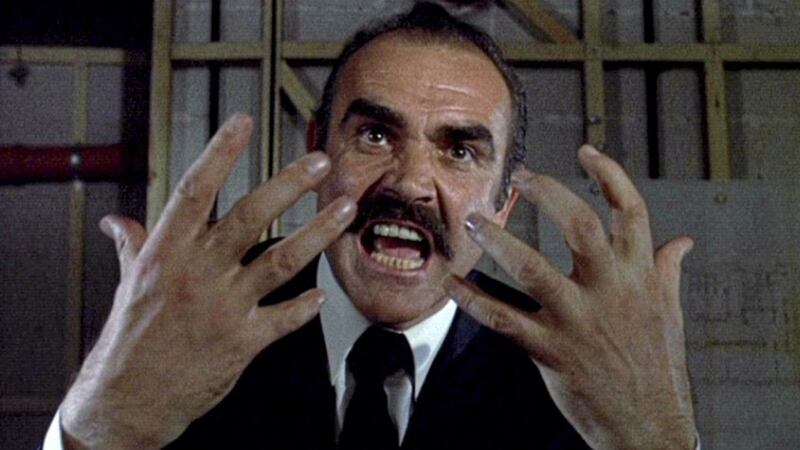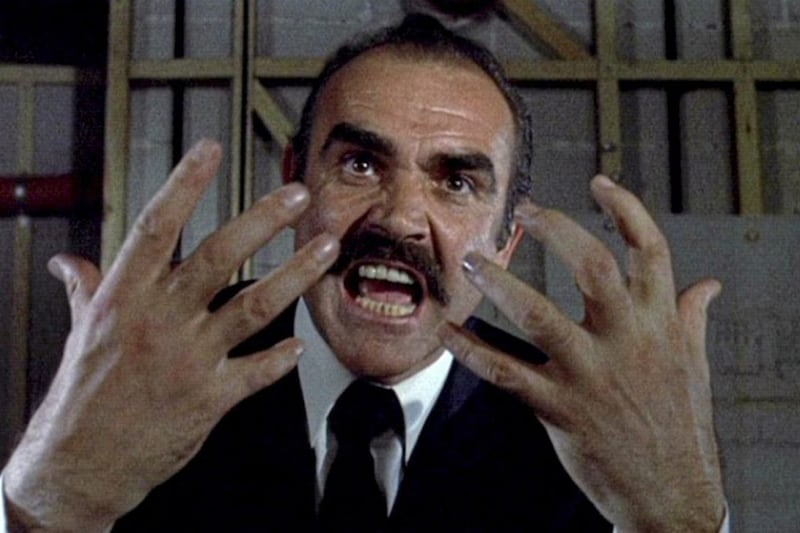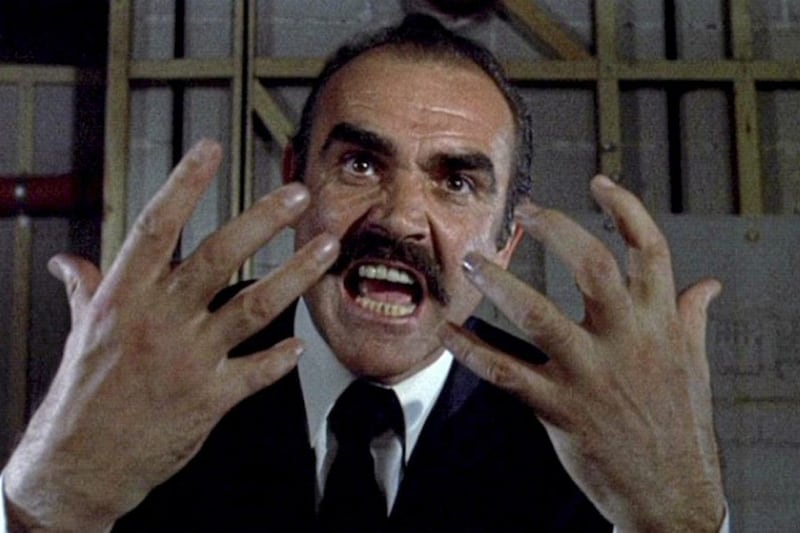The Offence
SEAN Connery was at a bit of a loose end when he first bailed out on the Bond franchise in 1967.
Waving goodbye to his era-defining turn as Ian Fleming’s super suave secret service man with You Only Live Twice, he lurched from film to film like a leading man in search of a suitable vehicle for his skills.
He made some interesting films, like Shakalo in 1968, but when Bond came calling once again in the aftermath of George Lazenby deciding to knock it on the head after the box-office cooler that was On Her Majesty’s Secret Service he begrudgingly accepted the offer to slide on the 007 toupee one more time.
What sweetened the deal for the ageing Scot, besides an eye-wateringly large pay check that he subsequently donated to the Scottish Educational Trust, was the promise from United Artists that they would bankroll a few of the actor’s “personal” projects on the side.
That included The Offence in 1972. A bleak and cold-hearted police procedural about child abuse and the impact a life investigating violent crime can have on the cops charged with getting results, it remains one of Connery’s greatest screen performances.
Directed by Sidney Lumet, who the actor had worked with on the superb military drama The Hill in 1965, from a stage play by Z Cars writer John Hopkins, it’s a slow-burning, quite nasty tale of evil in inner-city England that still drags you into its sordid little world today.
Connery is Detective Sergeant Johnson, a hard-bitten cop investigating a series of sex attacks on young girls. Ian Bannon is Baxter, the chief suspect who is lifted for the crimes. As the interrogation drags on so the plot twists and turns, with brutal results.
Shot under the revealing title of 'Something Like the Truth', The Offence remains a tough watch that maintains that relentlessly grim glare into the bottomless morality vacuum that so many films of the early 70s favoured.
It’s hard to know who to identify with and who to pity here when every character is so flawed and complex. There are meaty roles for Trevor Howard as Johnson’s boss and Vivian Merchant as his harried wife, while Bannon, a brilliant actor who too often was dismissed as a supporting character, is superbly nuanced as the potential child molester who shifts from weasel-like fear to incisive combatant with ease. Ultimately though, this is Connery’s film.
What makes the actor’s performance so impressive here is the sheer, undiluted commitment he shows to a prickly and complex role. Compared to his Bond comeback with Diamonds Are Forever, where he practically sneers with contempt at the whole 007 franchise throughout, it’s a hugely compelling turn from an actor clearly desperate to spread his wings.
Connery would go on to make more critically acclaimed films, like the much loved The Man Who Would Be King in 1975, but there’s a strong argument that The Offence is his greatest post-Bond appearance. It’s certainly one of his most memorable.




